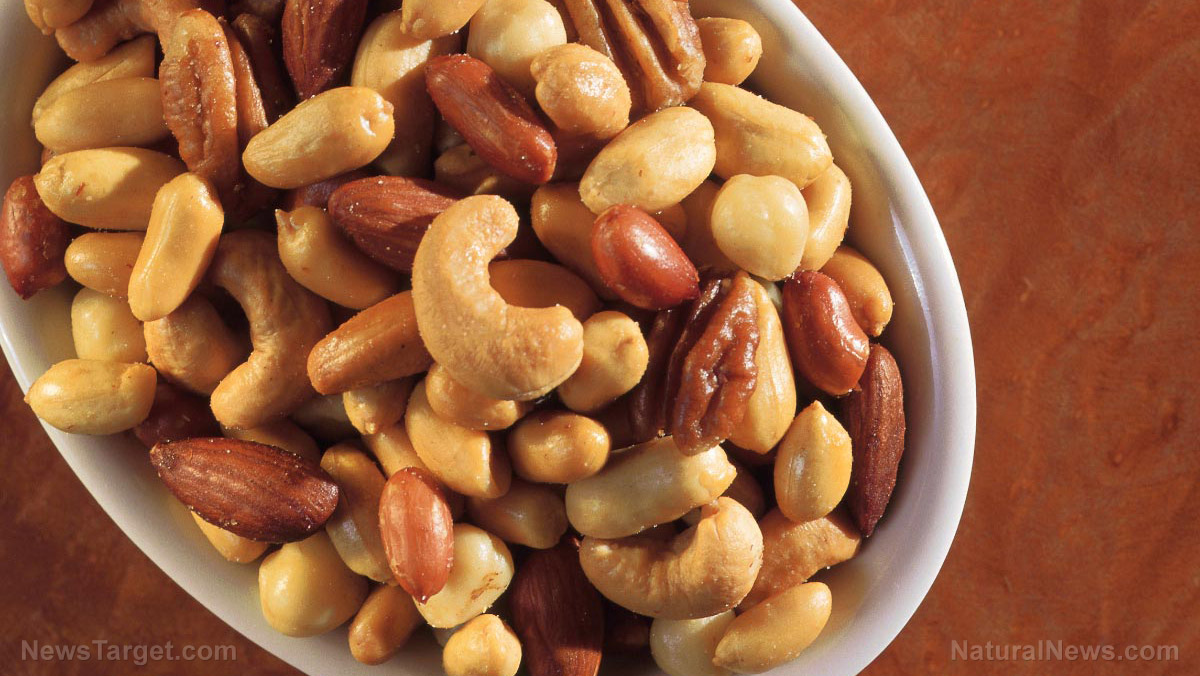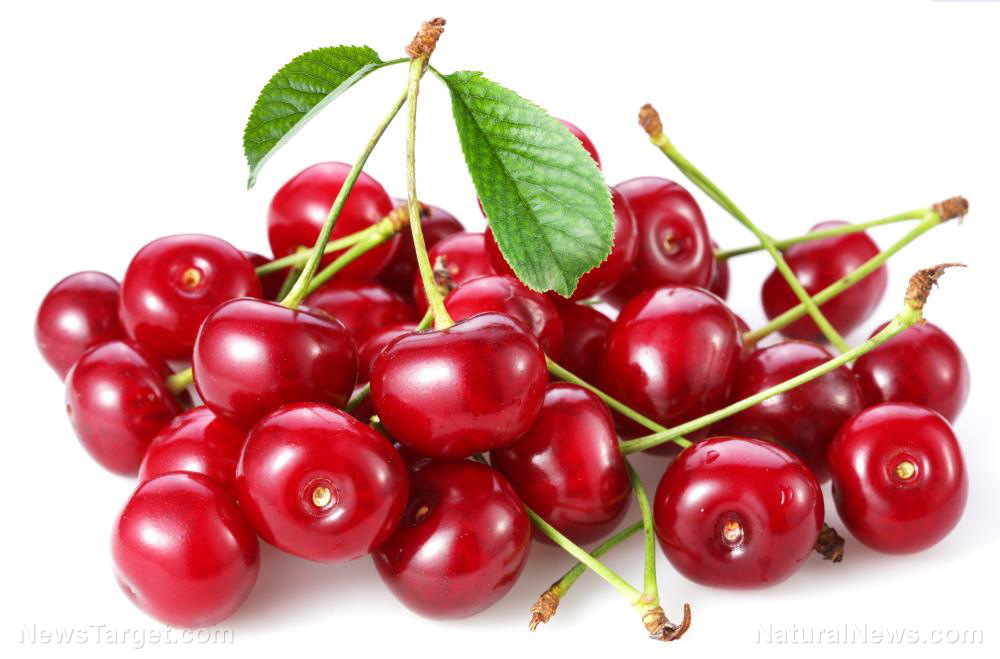Beetroot juice found to “significantly increase muscle force during exercise”
01/27/2023 / By Ethan Huff

New research published in the journal Acta Physiologica has identified beetroot juice as a powerful workout-boosting food that “significantly increases muscle force during exercise.”
Researchers from the United States and the United Kingdom teamed up to test the effects of beetroot juice on a group of healthy men in their early 20s. The men were given 4.7 ounces of the nitrate-rich beverage before working out and examined for muscle improvement.
In the three days prior to the experiment, the men were told to consume a low-nitrate diet, including by avoiding the consumption of leafy green vegetables. There was also a placebo group given a dummy powder that looked and tasted like the beetroot juice cocktail, but that was devoid of nitrates.
Neither group knew which beverage they consumed before they completed a single exercise three hours after a warmup. All of the men were told to contract their quadricep muscle – the large one at the front of the upper leg – 60 times while their dominant leg was attached to the lever of a machine.
The goal was to have the men contract this muscle without actually moving their leg. While this was happening, researchers used electrical pulses to measure muscle force, or the force applied by the muscles as they contracted.
Muscle biopsies were collected from the participants’ active legs after they consumed the drink, as well as before and after the exercise to check nitrate levels in their tissue.
In the end, the beetroot juice group showed seven percent greater muscle force than the placebo group, demonstrating the power of beetroot juice and the nitrates it contains to maximize muscle force.
“This study provides the first direct evidence that muscle nitrate levels are important for exercise performance, presumably by acting as a source of nitric oxide,” said Dr. Barbara Piknova, a staff scientist at the National Institute of Diabetes and Digestive and Kidney Diseases in the US.
“These results have significant implications not only for the exercise field, but possibly for other medical areas such as those targeting neuromuscular and metabolic diseases related to nitric oxide deficiency.”
Naturally occurring nitrates are important for muscle development, cellular energy function
Nitrates play an important role in musculature, helping them to respire, or release energy. They also power the mitochondria, or the energy factories in cells, helping to boost energy availability for contractions.
“Our research has already provided a large body of evidence on the performance-enhancing properties of dietary nitrate, commonly found in beetroot juice,” added Dr. Andy Jones, a physiologist at the University of Exeter in the UK.
“Excitingly, this latest study provides the best evidence to date on the mechanisms behind why dietary nitrate improves human muscle performance.”
Other foods besides beetroot that contain high levels of nitrates include spinach, Bok choy, lettuce, carrots, ham, and bacon.
“Be careful as beets are very high in oxalate – especially if you have any existing health issues,” noted one commenter, emphasizing that people need to take caution here.
“The tests were actually conducted using a synthetic drink, not actually beetroot juice – but the findings are still relevant,” noted another.
“I’m sipping on a beet smoothie right now!” wrote someone else. “It is one beet, juice from one lemon, one cup of strawberries, one avocado, and a tiny bit of ginger. I can barely taste the beets!”
Another wrote that beetroot also contains a hemoglobin-mimicking compound that helps further transport oxygen in the blood as well, enhancing its delivery throughout the body and into cells.
(Related: Check out these five other health benefits of beetroot.)
More related news can be found at Food.news.
Sources for this article include:
Submit a correction >>
Tagged Under:
beetroot, endurance, energy, exercise, fitness, food cures, food is medicine, food science, functional food, muscle, natural health, natural medicine, Nitrates, organics, oxygen, research, veggie, workout
This article may contain statements that reflect the opinion of the author
RECENT NEWS & ARTICLES
FoodIsMedicine.com is a fact-based public education website published by Food Is Medicine Features, LLC.
All content copyright © 2018 by Food Is Medicine Features, LLC.
Contact Us with Tips or Corrections
All trademarks, registered trademarks and servicemarks mentioned on this site are the property of their respective owners.





















